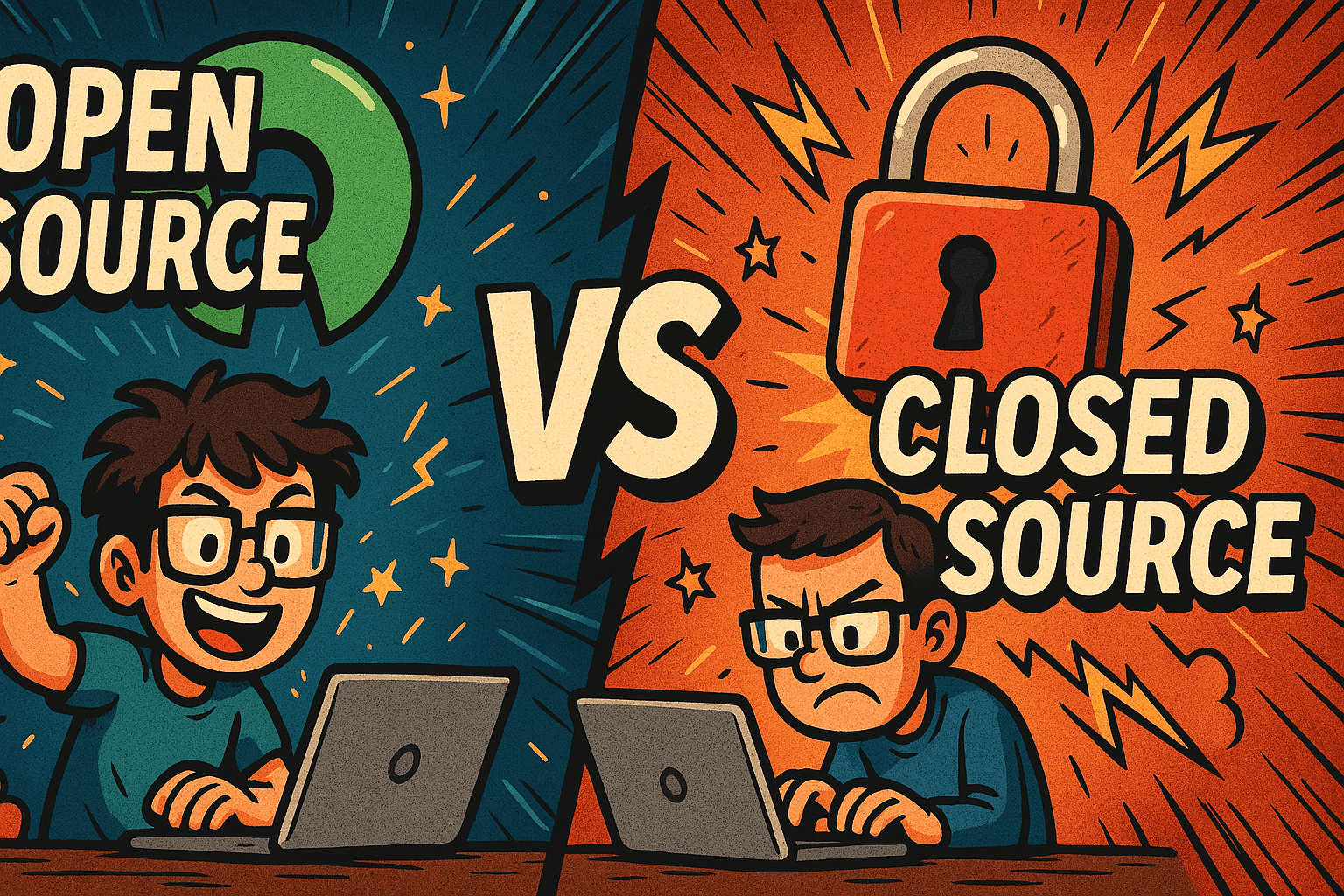To keep it really simple, imagine software that is more like a shared Spotify playlist than a locked vault. That’s open source. It’s software where anyone can peek at the code, remix it and share their version with the world.
It’s not just tech, open source is about building cool stuff together with transparency, collaboration and freedom.
A Brief History
In the 1980s, most software was open by default. Then companies started guarding their code. Enter Richard Stallman and the GNU Project, a free software, mass collaboration project announced on September 27, 1983. Fast forward a few years to the late 90’s and the term “open source” was officially born.
It sparked a revolution. How big? Well, have you heard of Linux or Firefox? Yes, that’s all thanks to open source.
Open Source vs. Open Standards
It’s easy to confuse things but it’s important to know where the differences lie. Open source is the actual code that you can amend. Open standards are the agreed-upon rules everyone follows so that things work nicely together.
It’s like saying “Let’s all write our recipes in English and use grams, not kilograms!” and everyone agrees.
Open Source vs. Closed Source
Open Source is like a DIY sandwich. You see the ingredients, adjust to taste and share it with friends.
Closed Source is as if someone handed you a sandwich. It looks good, but you don’t know what’s in it. You just have to trust them.
Where Can You Find Open Source?
Everywhere. Literally.
Massive companies like Google, Amazon and Facebook use open source on a daily basis. So do people at home whether you’re using Linux desktops, VLC Player, etc. It powers everything ranging from smartphones to servers!
Why do People Love Open Source?
Let’s break it down: • No License Fees: Use it, tweak it, love it. For free. • Customize everything: Don’t like the user interface? Change it. Want a new feature? Add it. • Massive Support: Forums, Discord, Dev Chats, etc. Someone’s always got your back.
How the Magic Happens
Open source projects usually live on platforms like GitHub or GitLab. Others can contribute by “forking” the code (copying it), make changes and submitting pull requests. It’s essentially like building together with Lego’s and everyone gets to add a piece.
Open Source and Intellectual Property
It’s free to use, however it’s still protected. Most open source licenses give you the right to use, study, modify and share the software but they do come with fine print and conditions.
Quick License Breakdown • MIT License: Super permissive. You can do what you want but you need to include the original license. • GNU GPL: You can modify and distribute, but your version must also stay open. Sharing is caring, right? • Apache License: Similar to MIT, but includes protections against patent claims.
But How Do People Make Money?
People definitely make money from open source. How? • Support and Services: Offer help, consulting and training. • Freemium: The basic version is free, but you have to pay for extras! • Hosting Services: Run it for the clients – think WordPress.com
Is it Safe?
Good question. You’d think “open” means risky but actually it’s the opposite. More eyes equalsfaster fixes. Unlike closed source, where bugs can stay hidden.
Who is it for?
Even if you’ve never written a line of code, open source affects you. That browser, your favorite website, even the tech behind your banking app is all powered by open source.
For your phone’s OS to website you visit, open source is part of it all and regular users benefit through better privacy, performance and cost.
Beyond Software:
Open source goes beyond just code, such as: • Open Hardware (Like Arduino) • Open Data (Public datasets • Open Education (Free Courses) • Open Science (Research everyone can read)
Quick Legal PSA
Open source still means businesses so licenses matter. If you’re using it in your company, check with legal before copy-pasting half of GitHub into your app.
Final Thoughts
Open source isn’t just about software, it’s a movement. One that promotes transparency, collaboration and freedom. It’s about creating together, solving problems as a community and keeping tech open and accessible for all.
From students learning to code, to companies running global apps, open source is everywhere and it’s not slowing down.
FAQs
1. Is it really free to use? Yes, but always read the license.
2. Can I sell my tweaked version? Of course! Just make sure you follow the license rules.
3. Is it safe? It’s usually safer than closed source. Just get it from trusted sources.
4. I’m not a developer, can I still help? Absolutely! Write documents, translate, test stuff or just hype it up!
5. Where do I start?
Try something like Firefox or LibreOffice. Then enjoy the rabbit hole of possibilities.
Interested in knowing more or need help with a project! Reach out and let’s chat!

